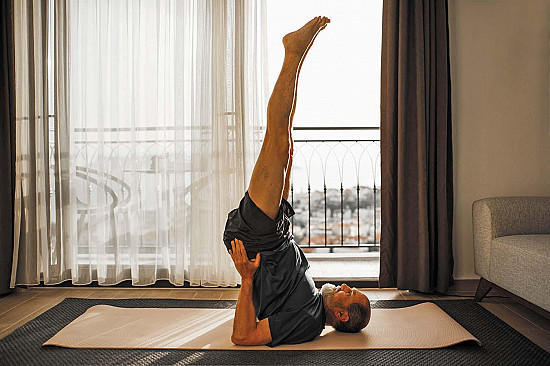Sleep helps learning, memory

Picture the peaceful sleeper nestled under the covers: body at rest, breathing and pulse slow and steady. But beneath that serene surface, the brain is hard at work, processing the events of the day. It sorts and files, makes connections, and even solves problems. As I write in the February 2012 Harvard Men’s Health Watch, even a brief nap may boost learning, memory, and creative problem solving.
Several recent studies strengthen the connection between sleep and learning.
Reactivate and reorganize. A 2010 Harvard study suggested that dreaming may reactivate and reorganize recently learned material, which would help improve memory and boost performance. In the study, volunteers learned to navigate a complex maze. During a break, some were allowed to nap for 90 minutes, others weren’t. When the volunteers tackled the maze again, only the few who dreamed about it during their naps did better.
Shorter naps. In another Harvard study, college student volunteers memorized pairs of unrelated words, worked on a maze puzzle, and copied an intricate figure. All were tested on their work, and half were allowed to nap for 45 minutes. During a retest, napping boosted the performance of volunteers who initially did well on the test, but didn’t help those who scored poorly the first time around.
Micro naps. For many people, it’s difficult, if not impossible, to find 45 minutes to nap. In a German study, a six-minute snooze helped volunteers recall a list of 30 words they had memorized earlier.
Sleep and creativity. Naps are generally too short to let a person drop into the deep phase of sleep known as rapid eye movement (REM) sleep. This is the phase during which most dreams happen. California researchers gave volunteers a series of creative problems in the morning and asked them to spend the day mulling solutions before being tested late in the afternoon. Half the volunteers were asked to stay awake during the day, the others were encouraged to nap. Those whose naps were long enough to enter REM sleep for a while did 40% better on the test than nappers who didn’t get any REM sleep and non-nappers. Rather than simply boosting alertness and attention, REM sleep allowed the brain to work creatively on the problems that had been posed before sleep.
Napping won’t make you smart or assure success, but it can help improve your memory and solve problems. Sleeping well at night, and long enough, is associated with good health. The combination is a two-step approach that should give everyone something to sleep on.
You can read the complete article on the Harvard Men’s Health Watch home page.
About the Author

Harvey B. Simon, MD, Editor, Harvard Health
Disclaimer:
As a service to our readers, Harvard Health Publishing provides access to our library of archived content. Please note the date of last review or update on all articles.
No content on this site, regardless of date, should ever be used as a substitute for direct medical advice from your doctor or other qualified clinician.















